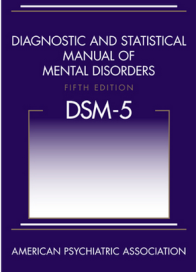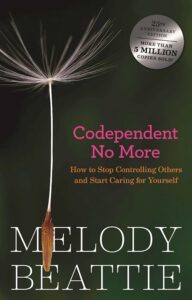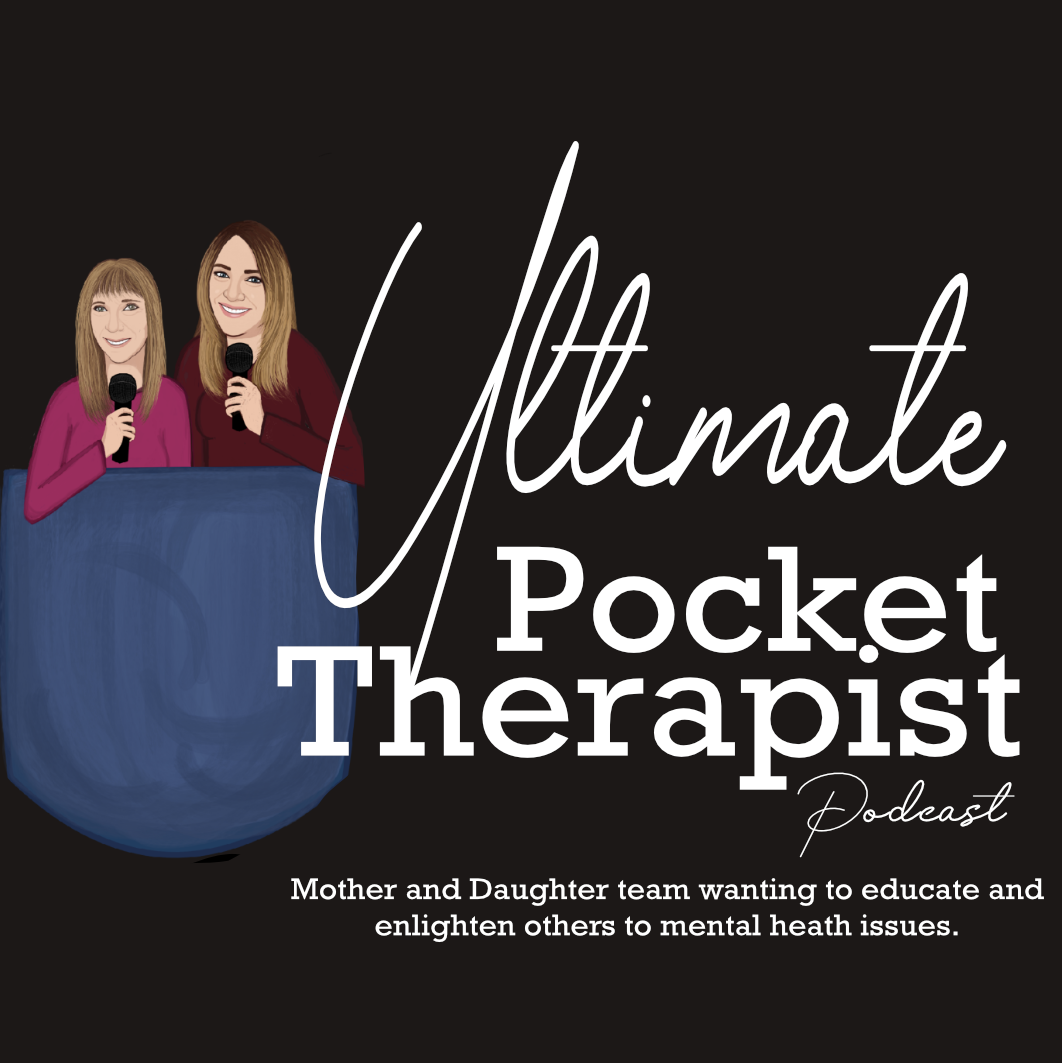Looking at episode 5!
**As always please remember this podcast and blog are not meant to replace traditional therapy. If you think you might need therapy please reach out to recourses in your area.
During this episode, We discussed an email sent in by a listener, outlining some concerns in her marriage. The email was read in its entirety at the beginning of the podcast.
Discussion focused on controlling and possible narcissistic relationships, as well as co-dependency.
Characteristics of both a narcissist and a co-dependent were discussed.
Some examples of how narcissist’s can turn things around to be everyone else’s fault and not take
accountability were shared.
Ideas of what you might be able to do it you find yourself in this type is relationship or situation.
Reference was made to a book titled “Codependent No More” by Melody Beattie. Many books are
available on the topic of Codependency as well as Narcissism.
Resources are available for counseling, groups, etc. Remember you are never stuck.
Diagnostic Criteria for
NARCISSISTIC PERSONALITY DISORDER
- Lacks empathy: unwilling to recognize or identify with the
feelings and needs of others. - Has a grandiose sense of self-importance. Exaggerates
achievements and talents, expects to be recognized as superior
without commensurate achievements. - Preoccupied with fantasies of unlimited success, power,
brilliance, beauty, or ideal love - Requires excessive admiration
- Believes that he or she is unique or special, and can only be
understood by, or should associate with, other special or high-
status people (or institutions). - Has a sense of entitlement; unreasonable expectations and
favorable treatment or automatic compliance with his or her
expectations. - Interpersonally exploitative – takes advantage of others to
achieve his or her own needs - Shows arrogant, haughty behaviors or attitudes
- Often envious of others or believes that others are envious of
him or her
Referenced from the DSM-5


